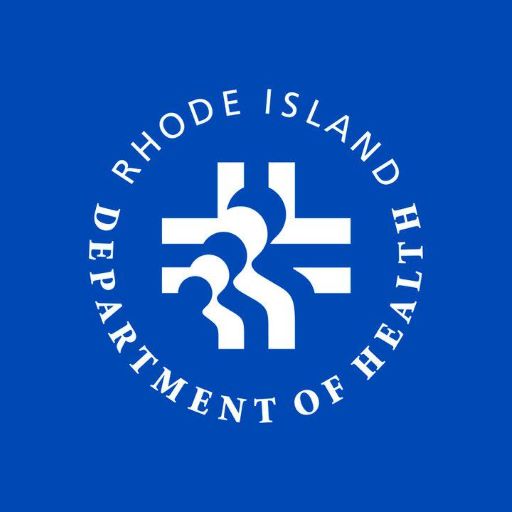RIDOH and DEM Recommend Avoiding Contact with Cunliff Lake; Lifting Advisory for Roosevelt Pond, Turner Reservoir, and Lake Tiogue

The Rhode Island Department of Health (RIDOH) and the Rhode Island Department of Environmental Management (DEM) are advising people to avoid contact with Cunliff Lake (Roger Williams Park) in Providence due to a blue-green algae (or cyanobacteria) bloom. Blue-green algae can produce toxins that can harm humans and animals.
Recent consecutive surveys and sample analyses from Turner Reservoir in East Providence, Roosevelt Pond (Roger Williams Park) in Providence and at Tiogue Lake in Coventry confirmed that blue-green algae has been at acceptably low levels and that cyanotoxin is not present in detectable concentrations. These findings meet state guidelines to support lifting the advisory.
People should be careful not to ingest water or eat fish from Cunliff Lake and Elm Lakes (also under advisory) at Roger Williams Park. All recreation, including swimming, wading, fishing, boating, and kayaking, should be avoided. Animals who may ingest the water are especially at risk from exposure to the algal toxins, so owners should not allow pets to drink or swim in the lakes. The advisory will remain in effect until further notice. Caution should be used when recreating throughout Roger Williams Park as conditions may change and extend the cyanobacteria bloom to other areas.
Skin contact with water containing blue-green algae commonly causes irritation of the skin, nose, eyes, and/or throat. Common health effects associated with ingesting water containing algal toxins include stomach-ache, diarrhea, vomiting, and nausea. Rarer health effects include dizziness, headache, fever, liver damage, and nervous system damage. Young children and pets are at a particular risk for health effects associated with algal toxins. People who have had contact with pond waters and experience those symptoms should contact their healthcare provider.
If you come into contact with the water, rinse your skin with clean water as soon as possible and, when you get home, take a shower and wash your clothes. Similarly, if your pet comes into contact with the water, immediately wash your pet with clean water. Do not let the animal lick its fur. Call a veterinarian if your animal shows any symptoms of blue-green algae poisoning, including loss of energy, loss of appetite, vomiting, diarrhea, or any unexplained sickness that occurs within a day or so after being in contact with water. People are cautioned that toxins may persist in the water after the blue-green algae bloom is no longer visible.
Blue-green algae blooms may also be present in other waterbodies in Rhode Island. People are advised to avoid contact with waterbodies that exhibit bright green coloration in the water or at the water surface and/or dense floating algal mats that form on the water’s surface. The water may look like green paint, thick pea soup, or green cottage cheese.
For more information and a list of current and historical advisories, go to www.dem.ri.gov/bluegreen Please send reports of suspected blue-green algae blooms, along with photographs, if possible to DEM.OWRCyano@dem.ri.gov.